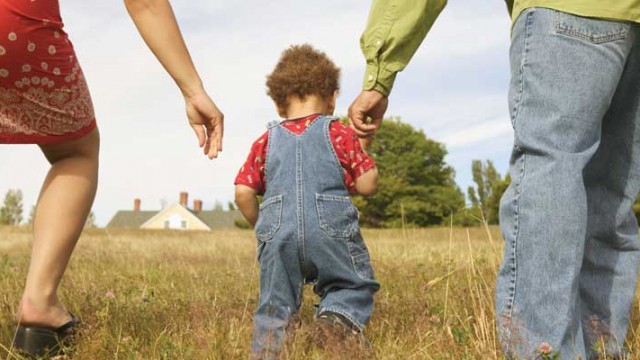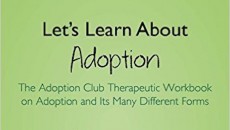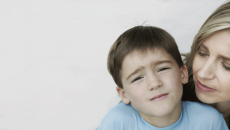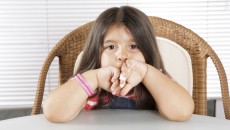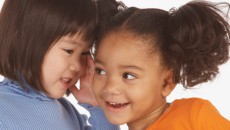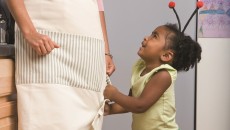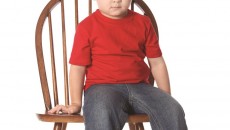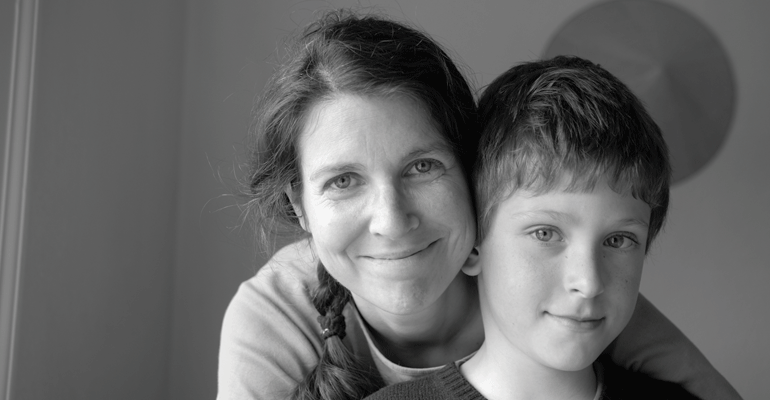Straddling the line between infancy and autonomy, toddlers experience adoption in unique ways. Here’s what you need to know to face the challenge.
Ask AF: Grief — or Personality?
Answers to your parenting questions.
[Book Review] The Adoption Club: Therapeutic Workbook Series
A versatile tool to help adoptees work through feelings and find their voice.
Ask AF: Anger Management
Answers to your parenting questions.
Ask AF: Alleviating a Child’s Anxiety
Anxiety can affect a wide-range of children, even those that seem “well-adjusted.” If anxiety is a problem for your child, try following this expert advice to help him manage his feelings.
Ask AF: Considering Disruption
Answers to your parenting questions.
Ask AF: Surprise Sayings
Answers to your parenting questions.
“Here’s How You Can Support Us”
We may tell you that we are OK when we’re really falling apart. We’re worried that, if we are honest about how difficult parenting through the transition is, you won’t understand and that you’ll think we’re nuts.
Is This Normal? Speech Delays, Learning Disabilities, and Complications
What do I do if my child has emotional, behavioral, or academic problems?
Webinar Replay – Parenting the Hurt Child
View the replay of the “Parenting the Hurt Child” webinar. Regina M. Kupecky, LSW, guides parents in understanding a newly adopted older child’s behavior and discuss what will work (and what to avoid) to help him heal and attach.
Ask AF: When Kids Pick at Skin
Answers to your parenting questions.
Friendship Lessons
Expert tips for adoptive parents to help your child make and maintain peer relationships.
Kids in Foster Care Diagnosed with ADHD at Higher Rates
A new study examines attention deficit in children living in foster care.
Ask AF: Behavior at Day Care
Answers to your parenting questions.
Ask AF: Acting Out After Birth Mother Visits
Answers to your parenting questions.
Ask AF: My Child Is a Bully
Answers to your parenting questions.
The Tales They Tell
Preschoolers love stories. Listen carefully and you might learn a thing or two.
Setting Appropriate Behavioral Expectations
When younger children misbehave, they may not really know that they are misbehaving, and can be easily distracted or physically moved. But by age three to five, a child should be more aware of inappropriate behavior.
Real Parents Provide Discipline
Setting limits can be tough for parents–but it’s important to discipline our children anyway.
Parenting an Older Child Through the Testing Phase
Our readers asked how to parent their adoptive children through the testing phase. Our expert has answers for dealing with lying, carelessness, and anger.
